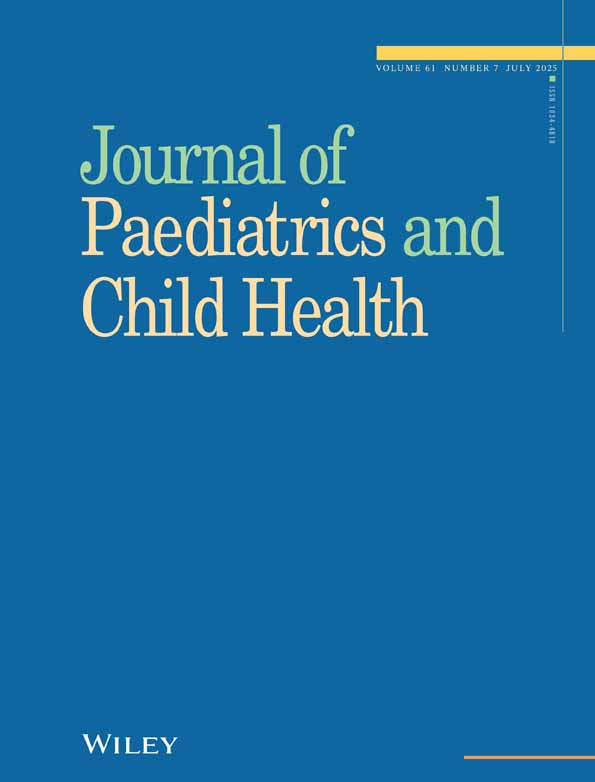FAMILY RESPONSE TO CYSTIC FIBROSIS
SYNOPSIS
The effects of cystic fibrosis on 50 Victorian families with one or more affected children were examined in a study carried out between August 1972 and February 1973. The social and emotional problems experienced by family members, particularly the patients and mothers, are reported on.
At all ages, socially embarrassing symptoms and awareness of being different create major problems for the patient. The uncertainty of prognosis and doubts about the prospects of employment are specially relevant for the teenager. It is suggested that the patient be given ample opportunity, from early adolescence onward, to discuss all aspects of his disease, and that more appropriate provision should be made for the total care of adult patients.
Many problems, such as depression, feelings of isolation and the physical demands of constant treatment, which the parents of children with cystic fibrosis experience, are probably similar to those confronting parents of other chronically ill and handicapped children. But special difficulties stem from the genetic basis of cystic fibrosis and from the knowledge of an eventually fatal outcome. The roles of professional members of the medical team are touched on, particularly in relation to genetic counselling and the provision of practical and emotional support to parents. Comments are made on the establishment of lay organisations.
The financial strain associated with obtaining regular medical attention was looked at, and suggestions are made for minimizing the economic problems of certain vulnerable families.




